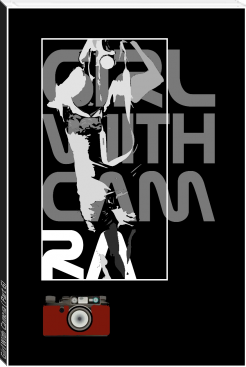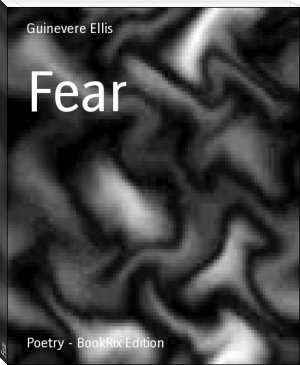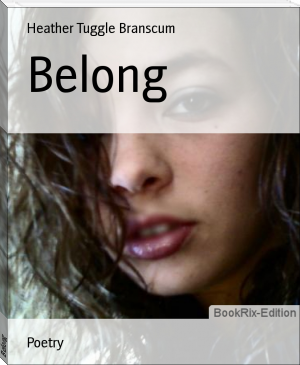Author's e-books - poetry. Page - 13

“Girl with Camera: A Ghost Story“ is the new graphic novel by author and artist Joy Rip. It is the haunting, disturbing story about the last one hundred pictures found on the camera of a missing girl - a girl with great ambitions of becoming a world recognized photographer and photojournalist.
“Girl with Camera” is an experimental ghost story. This ghost story creates a more lasting haunting experience for the reader by using the graphic novel to examine the ghostly fragmentary nature of all stories, all storytelling, and the ends to which we will go with our minds to create a sense of purpose, a sense of destiny and well-being in a hostile, lonely, violent universe. In this graphic novel, the structure and genesis of storytelling is broken down into fragmentary words and pictures in order to examine how our thirst for meaning, for stability, cohesion, consistency and continuity in our lives creates a logic of its very own - a logic supplied by both reader and author - that brings (imaginary or real) order to chaos and gives a sense of permanence to our existence where none may in fact exist.

This poem is at best a literary short of a classic romance gone awry told in the point of view of an unnamed narrator, the identity of whom I hope is argued by my audience. I'm not a professional and I don't think the poem has reached it's best stage yet but I'd prefer it if my lack of skill was met with good advice and friendly argument.
Note: Some of my keywords are actually hidden themes

“Girl with Camera: A Ghost Story“ is the new graphic novel by author and artist Joy Rip. It is the haunting, disturbing story about the last one hundred pictures found on the camera of a missing girl - a girl with great ambitions of becoming a world recognized photographer and photojournalist.
“Girl with Camera” is an experimental ghost story. This ghost story creates a more lasting haunting experience for the reader by using the graphic novel to examine the ghostly fragmentary nature of all stories, all storytelling, and the ends to which we will go with our minds to create a sense of purpose, a sense of destiny and well-being in a hostile, lonely, violent universe. In this graphic novel, the structure and genesis of storytelling is broken down into fragmentary words and pictures in order to examine how our thirst for meaning, for stability, cohesion, consistency and continuity in our lives creates a logic of its very own - a logic supplied by both reader and author - that brings (imaginary or real) order to chaos and gives a sense of permanence to our existence where none may in fact exist.

This poem is at best a literary short of a classic romance gone awry told in the point of view of an unnamed narrator, the identity of whom I hope is argued by my audience. I'm not a professional and I don't think the poem has reached it's best stage yet but I'd prefer it if my lack of skill was met with good advice and friendly argument.
Note: Some of my keywords are actually hidden themes







